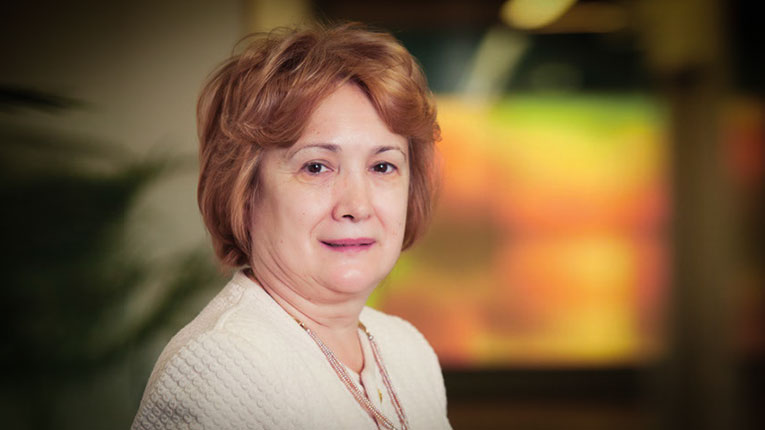The sustainability within a company is directly proportional to the degree of education of the employees, says Ana Maria Mihăescu, former regional manager of IFC, the investment division of the World Bank.
“Everything that is sustainable is profitable, but not everything that is profitable can be sustainable. The easiest to explain is for the natural resources area. If you exploit them in a way that does not take into account the environment, in the end this becomes counterproductive, it turns against you, and there are examples in history,” said Ana Maria Mihăescu, at the TV show “Business for the Future”, developed by the Embassy of Sustainability in Romania.
“Education must start with small entrepreneurs, because they will be exposed to the highest risk. Large companies, if they just pretend to be «green», will have enough provisions to respond to some temporary losses and they can adapt very quickly, they are quite agile. However, small companies, which are more agile than large ones, do not have resources and, the sooner we help them, the more we tell them about these things […], there will be measures that will have a drastic effect on the well-being of the population,” added the former IFC regional manager.
In her view, corporate managers and employees should have a constant dialogue on the team’s mood, optimism and loyalty to the company, and, following the evaluation of these indicators, measures should be taken to restore employees’ motivation.
“A team without optimism and without the attraction of the workplace is a stone that you carry and that in time affects your sustainability and profitability”, said Ana Maria Mihăescu.
